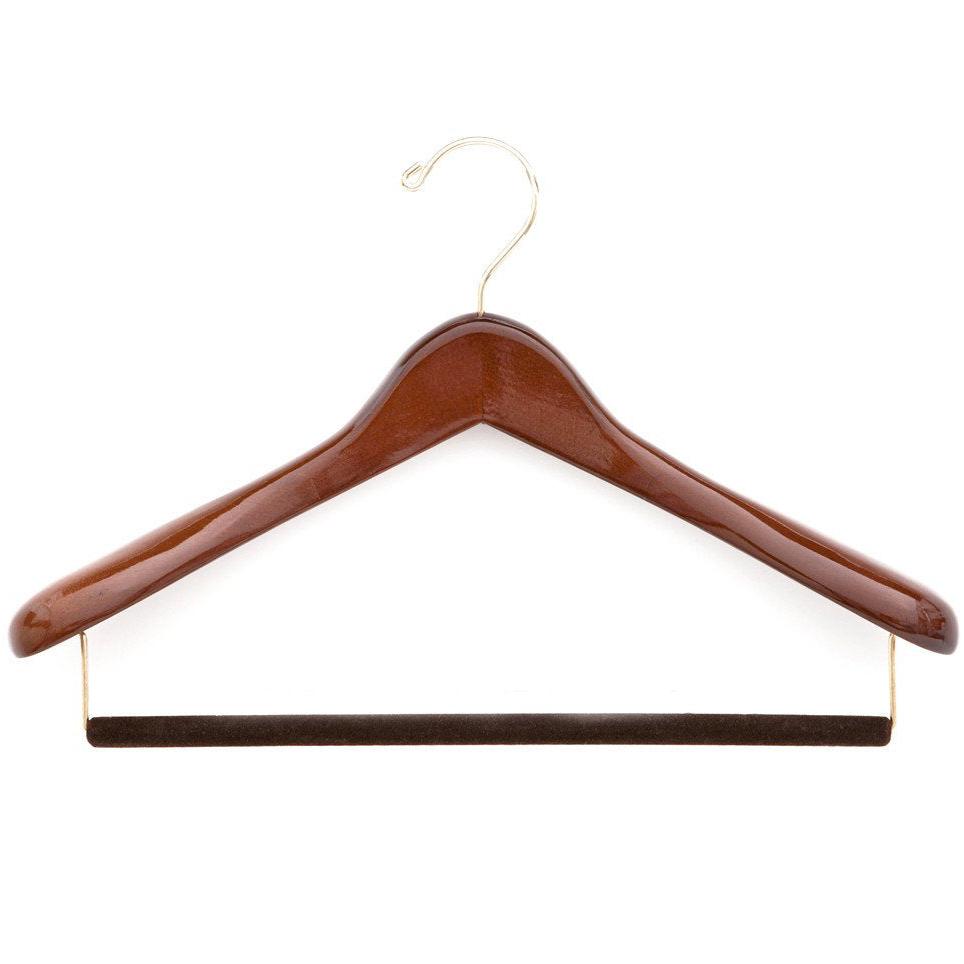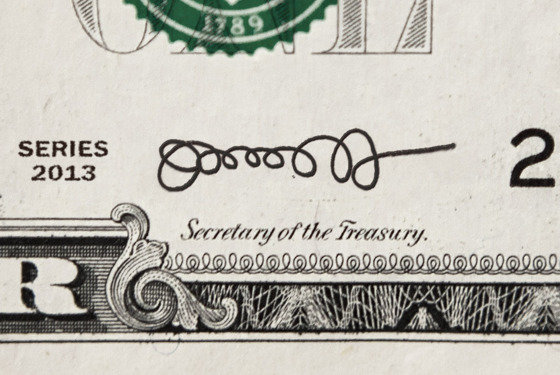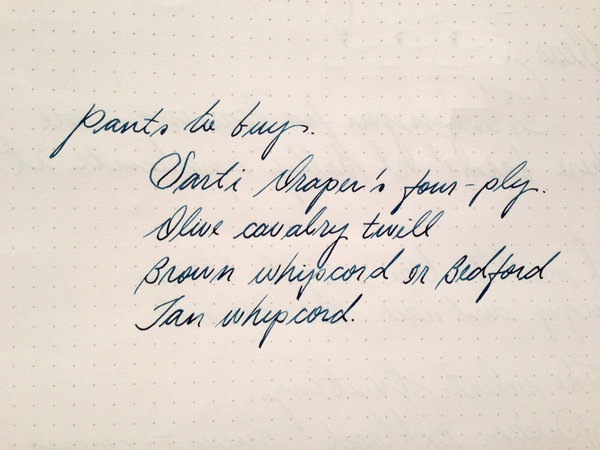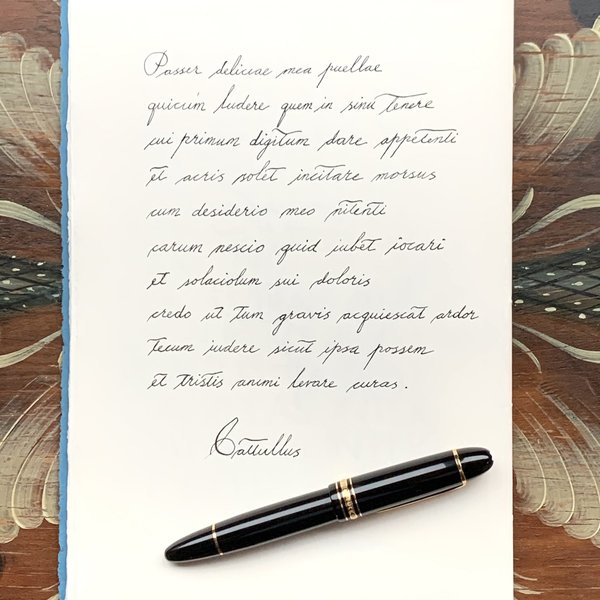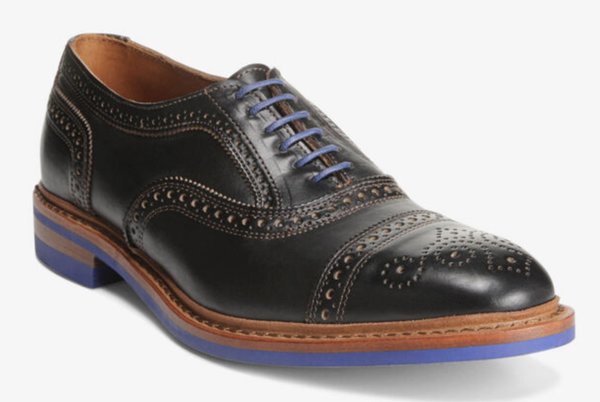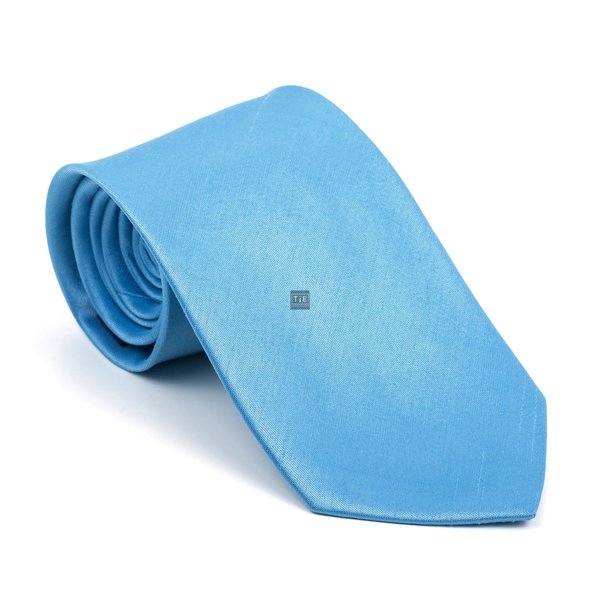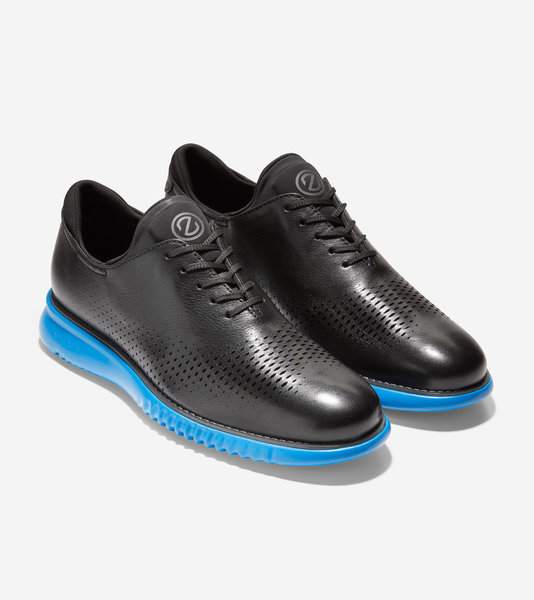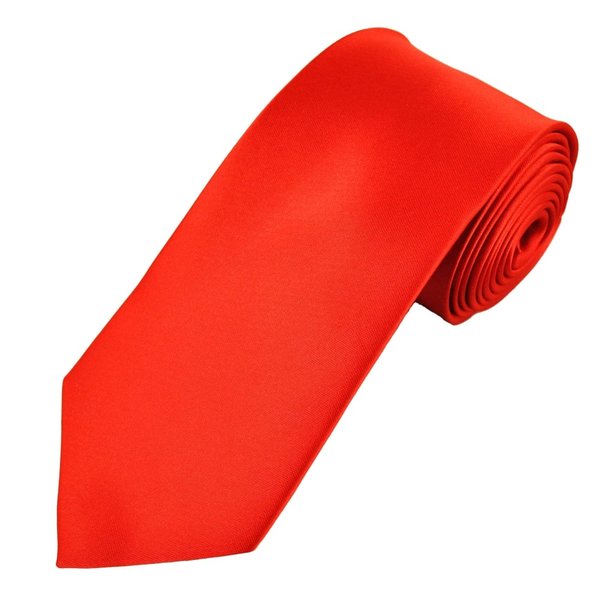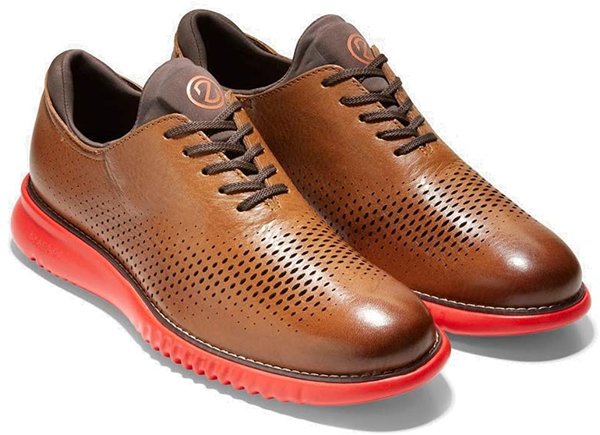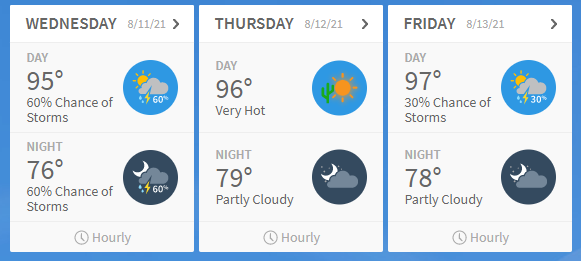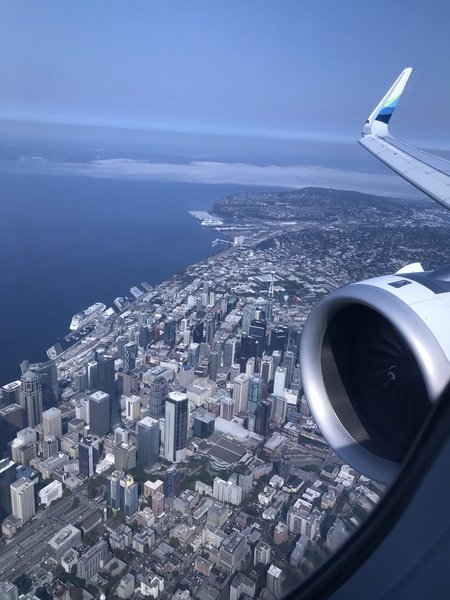pomor
Senior Member
- Joined
- Jun 6, 2015
- Messages
- 655
- Reaction score
- 264
New today: https://www.wsj.com/articles/jacket...-the-pandemic-changed-dress-codes-11624286698
Let's discuss!
‘Jacket Required’ No More? How the Pandemic Changed Dress Codes
FOR THE FIRST time in its 35-year history, Manhattan’s Le Bernardin is letting male patrons order its tasting menu or a bottle of Burgundy without wearing a sportcoat. When it reopened its polished dining room on March 17 after a several month hiatus, the three-Michelin-starred restaurant discarded its longstanding “jacket required” dress code. The decision, said chef and co-owner Eric Ripert, was driven by hygiene concerns.
Pre-pandemic, between five and 10 men on average arrived nightly at Le Bernardin in their shirt-sleeves. To maintain a sense of decorum, the restaurant would give these too-casual diners a loaner jacket for the evening. But this system didn’t work in the Covid era. It required Le Bernardin’s staff to get too close to clients, and to touch their worn jackets after the meal’s conclusion. For Le Bernardin, “jacket required” became an unsanitary, unworkable policy.
Add restaurant dress codes to the list of the many things scrambled by the global health crisis. Upon reopening earlier this year, Galatoire’s, a jacket-required stickler in New Orleans, also stopped giving out germ-magnet loaners. Guests who arrived sans sportcoat, said the restaurant’s general manager Billy Clark, were steered toward the bar or a separate, more laissez-faire dining room where the sight of shirt-sleeves wouldn’t ruin someone’s supper.
La Grenouille, a chichi 59-year-old French haute cuisine destination in Manhattan has clung to a jacket-required policy for all guests eating indoors—its Opentable reservation page still advertises this policy. Yet, like many New York City restaurants, La Grenouille added an ample outdoor seating area last year and guests dining al fresco are permitted to enjoy their meals without a sportcoat.
Even before Covid, the jacket-required dress code—once de rigueur at finer establishments nationwide—had started to seem increasingly out of date. In keeping with the creeping casualization of how we dress, many formal hold-outs like Spaggia in Chicago and the French Laundry in Yountville, Calif., had already eliminated their jacket requirements pre-pandemic. (At most such eateries, however, shorts, tank tops and flip-flops remain verboten.)
At his Manhattan restaurant Daniel, the famed Michelin-starred chef Daniel Boulud nixed the jacket requirement several years ago. As he noted, “I have a lot of designer jeans that cost more money than a suit.” For him, it was about customers’ comfort level: If they felt more natural in their shirt sleeves, who was he to force them into a jacket? For many other establishments, the push they needed to retire “jacket required” during the pandemic was the hygiene considerations, or the incongruity of making patrons dress formally when their table was on the sidewalk.
Michael O’Keeffe, the proprietor of the fussy River Café on the waterfront in Brooklyn, is unwavering in his commitment to “jacket required.” People have “surrendered to the indignities of our society,” by dressing down to go out to eat, he said. “I’m holding the line.” The policy doesn’t seem to keep eaters away, said Mr. O’Keeffe: “We don’t have any trouble being full every night with people dressing up.” Indeed, the River Café is currently booked up for dinner weeks in advance. Mr. Clark of Galatoire’s noted that the 116-year-old restaurant never considered fully removing the jacket requirement in its formal dining room. “It’s a Galatoire’s tradition that people love to be a part of,” he said. (It should also be noted that many private country clubs still require guests to wear sport coats to dinner.)
But curiously, all the sartorial energy that became pent up during the pandemic seems to be perpetuating formality despite the loosening dress codes. All the restaurateurs I spoke with noted that, as customers flock back to their establishments to celebrate birthdays, anniversaries or friendly reunions, they’re treating these occasions as an opportunity to finally dust off their dress clothes.
Mr. Boulud noted that, since he reopened Daniel in February, even with his jacket-optional policy, diners come dressed to the nines. “We have a lot of young customers, and I tell you, most of them dress up without [my] telling them that they need to dress up,” he said.
At Le Bernardin, too, though jackets may be optional now, most men are still opting for them. Mr. Ripert said that he was “very surprised” to see almost every male patron come in wearing a jacket these past few months. Going out for an elaborate dinner now feels more like an occasion than ever before, he observed. “The gentlemen are very, very happy to be elegant.”
Let's discuss!
‘Jacket Required’ No More? How the Pandemic Changed Dress Codes
FOR THE FIRST time in its 35-year history, Manhattan’s Le Bernardin is letting male patrons order its tasting menu or a bottle of Burgundy without wearing a sportcoat. When it reopened its polished dining room on March 17 after a several month hiatus, the three-Michelin-starred restaurant discarded its longstanding “jacket required” dress code. The decision, said chef and co-owner Eric Ripert, was driven by hygiene concerns.
Pre-pandemic, between five and 10 men on average arrived nightly at Le Bernardin in their shirt-sleeves. To maintain a sense of decorum, the restaurant would give these too-casual diners a loaner jacket for the evening. But this system didn’t work in the Covid era. It required Le Bernardin’s staff to get too close to clients, and to touch their worn jackets after the meal’s conclusion. For Le Bernardin, “jacket required” became an unsanitary, unworkable policy.
Add restaurant dress codes to the list of the many things scrambled by the global health crisis. Upon reopening earlier this year, Galatoire’s, a jacket-required stickler in New Orleans, also stopped giving out germ-magnet loaners. Guests who arrived sans sportcoat, said the restaurant’s general manager Billy Clark, were steered toward the bar or a separate, more laissez-faire dining room where the sight of shirt-sleeves wouldn’t ruin someone’s supper.
La Grenouille, a chichi 59-year-old French haute cuisine destination in Manhattan has clung to a jacket-required policy for all guests eating indoors—its Opentable reservation page still advertises this policy. Yet, like many New York City restaurants, La Grenouille added an ample outdoor seating area last year and guests dining al fresco are permitted to enjoy their meals without a sportcoat.
Even before Covid, the jacket-required dress code—once de rigueur at finer establishments nationwide—had started to seem increasingly out of date. In keeping with the creeping casualization of how we dress, many formal hold-outs like Spaggia in Chicago and the French Laundry in Yountville, Calif., had already eliminated their jacket requirements pre-pandemic. (At most such eateries, however, shorts, tank tops and flip-flops remain verboten.)
At his Manhattan restaurant Daniel, the famed Michelin-starred chef Daniel Boulud nixed the jacket requirement several years ago. As he noted, “I have a lot of designer jeans that cost more money than a suit.” For him, it was about customers’ comfort level: If they felt more natural in their shirt sleeves, who was he to force them into a jacket? For many other establishments, the push they needed to retire “jacket required” during the pandemic was the hygiene considerations, or the incongruity of making patrons dress formally when their table was on the sidewalk.
Michael O’Keeffe, the proprietor of the fussy River Café on the waterfront in Brooklyn, is unwavering in his commitment to “jacket required.” People have “surrendered to the indignities of our society,” by dressing down to go out to eat, he said. “I’m holding the line.” The policy doesn’t seem to keep eaters away, said Mr. O’Keeffe: “We don’t have any trouble being full every night with people dressing up.” Indeed, the River Café is currently booked up for dinner weeks in advance. Mr. Clark of Galatoire’s noted that the 116-year-old restaurant never considered fully removing the jacket requirement in its formal dining room. “It’s a Galatoire’s tradition that people love to be a part of,” he said. (It should also be noted that many private country clubs still require guests to wear sport coats to dinner.)
But curiously, all the sartorial energy that became pent up during the pandemic seems to be perpetuating formality despite the loosening dress codes. All the restaurateurs I spoke with noted that, as customers flock back to their establishments to celebrate birthdays, anniversaries or friendly reunions, they’re treating these occasions as an opportunity to finally dust off their dress clothes.
Mr. Boulud noted that, since he reopened Daniel in February, even with his jacket-optional policy, diners come dressed to the nines. “We have a lot of young customers, and I tell you, most of them dress up without [my] telling them that they need to dress up,” he said.
At Le Bernardin, too, though jackets may be optional now, most men are still opting for them. Mr. Ripert said that he was “very surprised” to see almost every male patron come in wearing a jacket these past few months. Going out for an elaborate dinner now feels more like an occasion than ever before, he observed. “The gentlemen are very, very happy to be elegant.”
Last edited:

